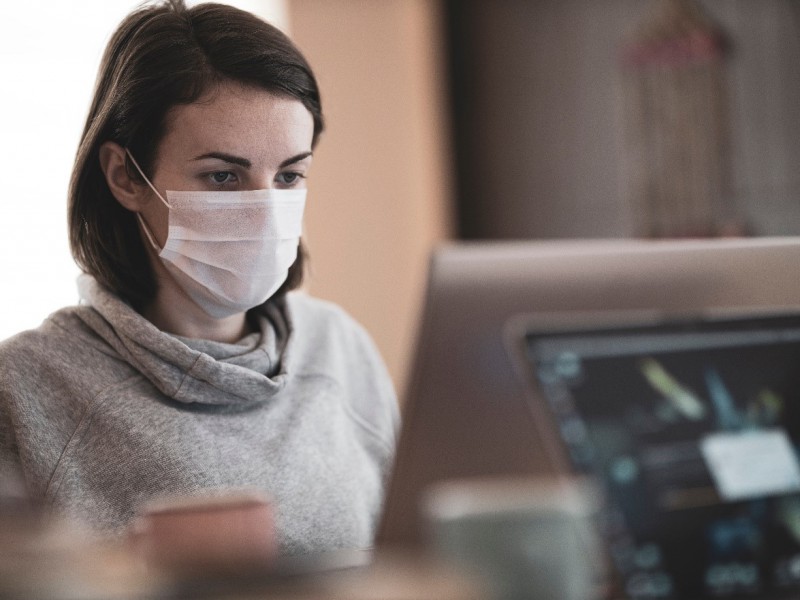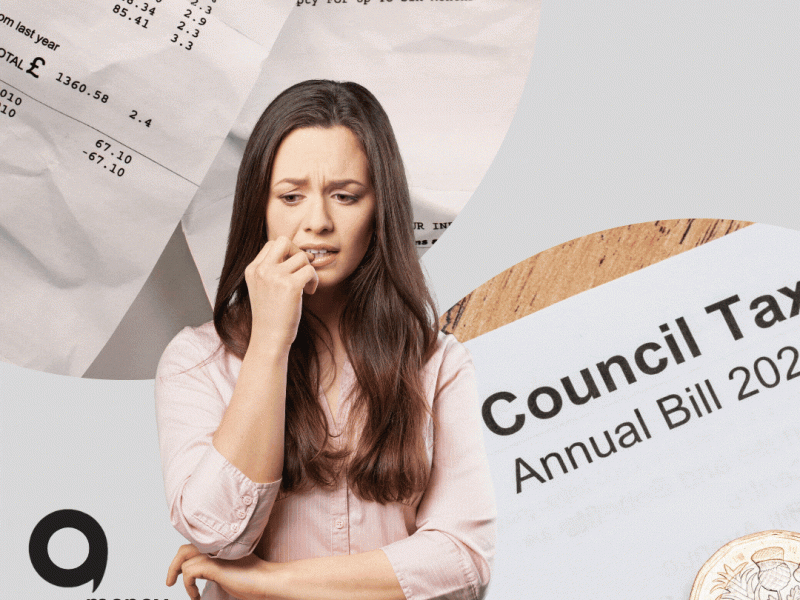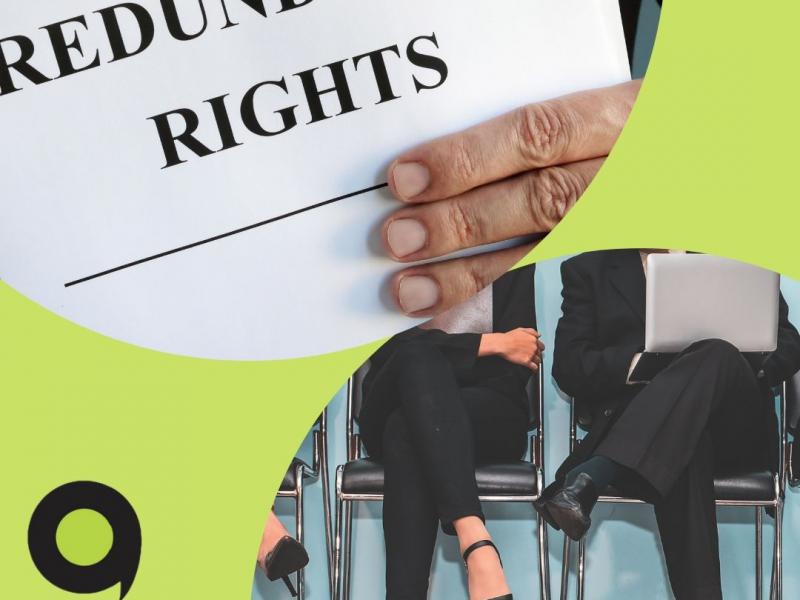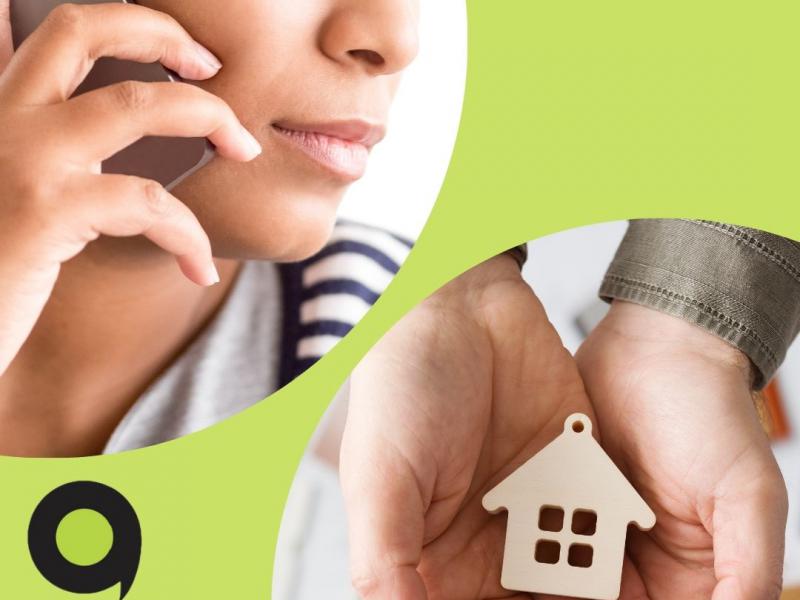On 22nd September 2020, the Scottish Government announced changes to coronavirus restrictions in Scotland that will take effect from 23rd September.
These changes included:
restrictions on household gatherings (no visiting other households)
reinforcing the benefit of home working, where possible
the introduction of a package of support for people who are asked to self-isolate (Details to be announced)
the implementation of a 10pm hospitality curfew
It is hoped that these restrictions will allow schools to stay open, the NHS to be able to restart as many paused programmes of NHS treatment as possible, as well protect people’s jobs and livelihoods, keeping businesses open and trading as normally as possible.
There have been questions from Scottish citizens in relation to the practical aspects of some of these new rules.
Why are pubs having to close at 10pm instead of their usual time? What difference will that make?
The Government are yet to announce their specific reasoning on this time, however it is believed that this will not only reduce the number of hours that the virus has the ability to spread between people, but scientists have commented that this will also ensure that ‘risk taking’ whilst intoxicated (i.e. through individual relaxing of social distancing) is less likely to occur if there are fewer hours for this to happen.
Additionally, these measures have been previously put in place in individual areas that have had more stringent guidelines and deemed successful in reducing the rate of spread of the virus.
Why am I allowed to mix with different households in restaurants and bars, but not in my own home?
The hospitality trade has stringent practises and procedures in place to ensure the safety of customers and staff. In bars and restaurants, customers are now required to wear masks when they are moving through the premises. Masks can be removed when eating or drinking, but this helps to reduce the spread of the virus at other key times during interaction.
These premises also have risk assessments in place for layout and social distancing, as well as capacity rules to allow the safe distancing between customers.
Additionally, commercial premises tend to be better ventilated, again reducing the spread of the virus.
When mixing in residential properties, these precautions do not tend to be as stringently adhered to or enforced.
I am going to struggle to get childcare, as my mother does not live with us, but looks after my daughter when I work. What can I do?
There are exceptions in the regulations when it comes to childcare. These exceptions are for those living alone, or alone with children, who form extended households.
An extended household is where two households have joined to form a single household. To be eligible to form an extended household, at least one of the two households must be a person living on their own, or only with children under the age of 19.
This also applies to children, however children whose parents do not live in the same household can move between homes.
I have heard that these restrictions could go on for months. When will things begin to go back to normal?
It is not clear how long these restrictions will be in place. The Scottish Government have announced that they will be reviewing the situation in three weeks’ time to assess the impact that increased restrictions have had on the growth of the virus.
If we all work together and follow the rules set in place, this may help to reduce the time that these stricter regulations are required.
I can work from home, but my boss says that I still must go into the office. What can I do?
Employers have a responsibility to ensure that they perform risk assessments of the work environment. If your employer has taken all the necessary steps in minimising risk in the workplace, and have put procedures in place, then you may be required to attend your usual place of work.
You could try discussing this politely with the employer to understand their reasoning for requesting you go into the office and highlight your ability to work from home.
Employers who are encouraging employees to return to the office are being asked to rethink their decision if possible. Complying with the advice issued by the Scottish Government is voluntary for employers at present, however there may be a legal duty placed on businesses to allow home working where possible if necessary, in the future.
Remember that by downloading the Test and Protect app, you can receive alerts if you come into contact with someone who has tested positive for the virus. This uses Bluetooth technology to track interaction with others who have download the app and will give an anonymous warning if you have. This can be downloaded by visiting https:protect.scot/.
Limiting social interactions as much as you reasonably will also help to make a difference to the spread of the virus, and if you are meeting and interacting with other people remember to follow the FACTS advice.
F – Wear a face covering in enclosed spaces
A – Avoid Crowded places – indoors and outdoors
C – Clean hands regularly and clean hard surfaces that you are touching
T – Keep two metres distance from people from other households
S – Self-isolate and book a test if you have symptoms
More information, and regular updates on a variety of coronavirus-related subjects is available at www.coronavirusadvice.scot.
You can also follow us on social media – Twitter: @advicedotscot and Facebook at www.facebook.com/advice.scot, Instagram: @advice.scot, or get ahead by visiting our knowledge centre at www.consumeradvice.scot



